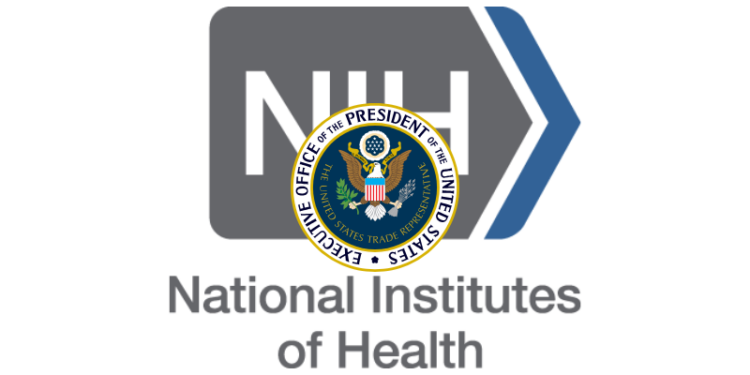On Tuesday, November 26th, President-elect Donald Trump announced Dr. Jay Bhattacharya, a Stanford University professor and prominent critic of COVID-19 lockdowns, as his nominee to lead the National Institutes of Health (NIH). This nomination could significantly change how federal health policy approaches pandemic response and reform.
Trump expressed confidence in Bhattacharya’s ability to direct the nation’s medical research in a statement on Tuesday, saying, “Dr. Bhattacharya will work in cooperation with Robert F. Kennedy Jr. to direct the Nation’s Medical Research, and to make important discoveries that will improve Health and save lives.” Kennedy, who has been vocal in his opposition to vaccines, has been selected to lead the Department of Health and Human Services.
Bhattacharya gained widespread recognition in 2020 as a co-author of the “Great Barrington Declaration,” a controversial document that advocated for rolling back lockdowns and focusing protection efforts on high-risk populations. The declaration promoted “herd immunity” to combat COVID-19, arguing that restrictions were causing significant harm to public health and the economy. “I think the lockdowns were the biggest public health mistake,” Bhattacharya said during a 2021 panel.
Bhattacharya’s nomination comes amid ongoing debates about handling the COVID-19 pandemic. His appointment would mark a significant shift in the direction of U.S. health policy, especially considering his outspoken criticism of pandemic-era restrictions. Critics of the “Great Barrington Declaration” have called its proposals dangerous, and the World Health Organization and many public health experts rejected the notion of relying on herd immunity as a strategy for managing the pandemic.
Despite the backlash, Bhattacharya remains firm in his stance. In response to his nomination, he wrote on X, “We will reform American scientific institutions so that they are worthy of trust again and will deploy the fruits of excellent science to make America healthy again!”
His confirmation, which requires Senate approval, will be closely watched as it could signal a major shift in the U.S. government’s approach to public health and medical research.










